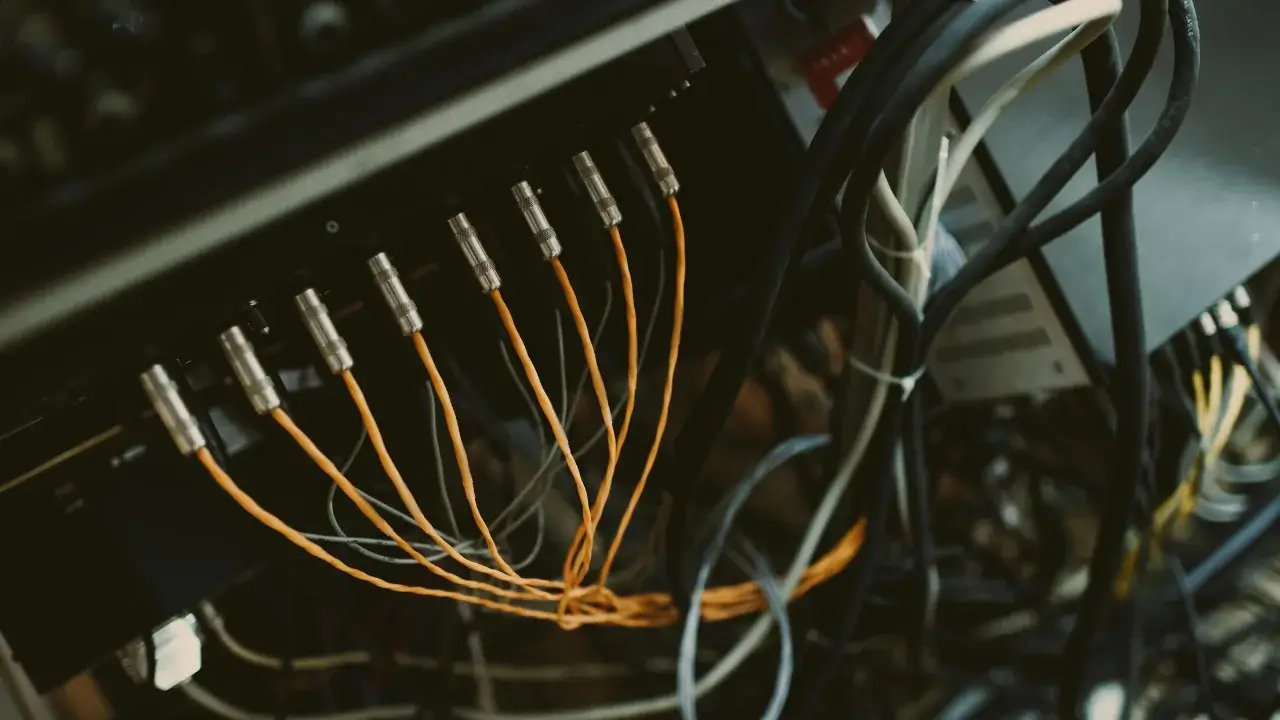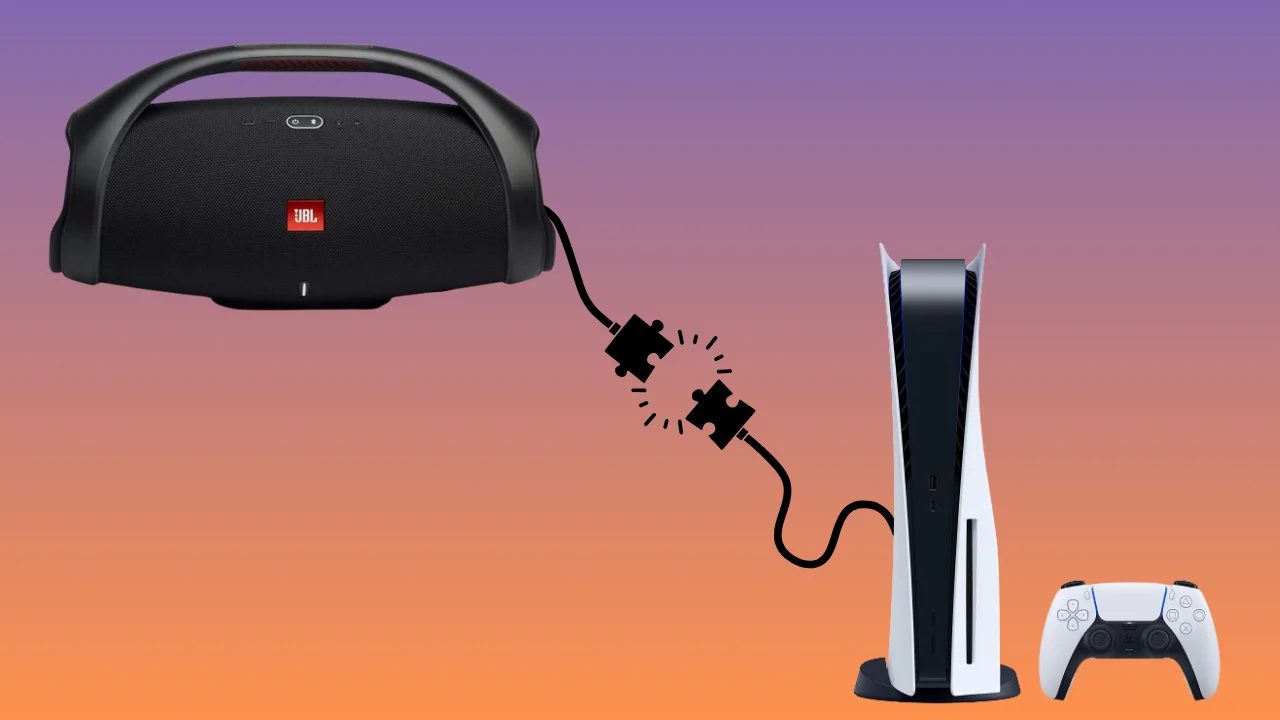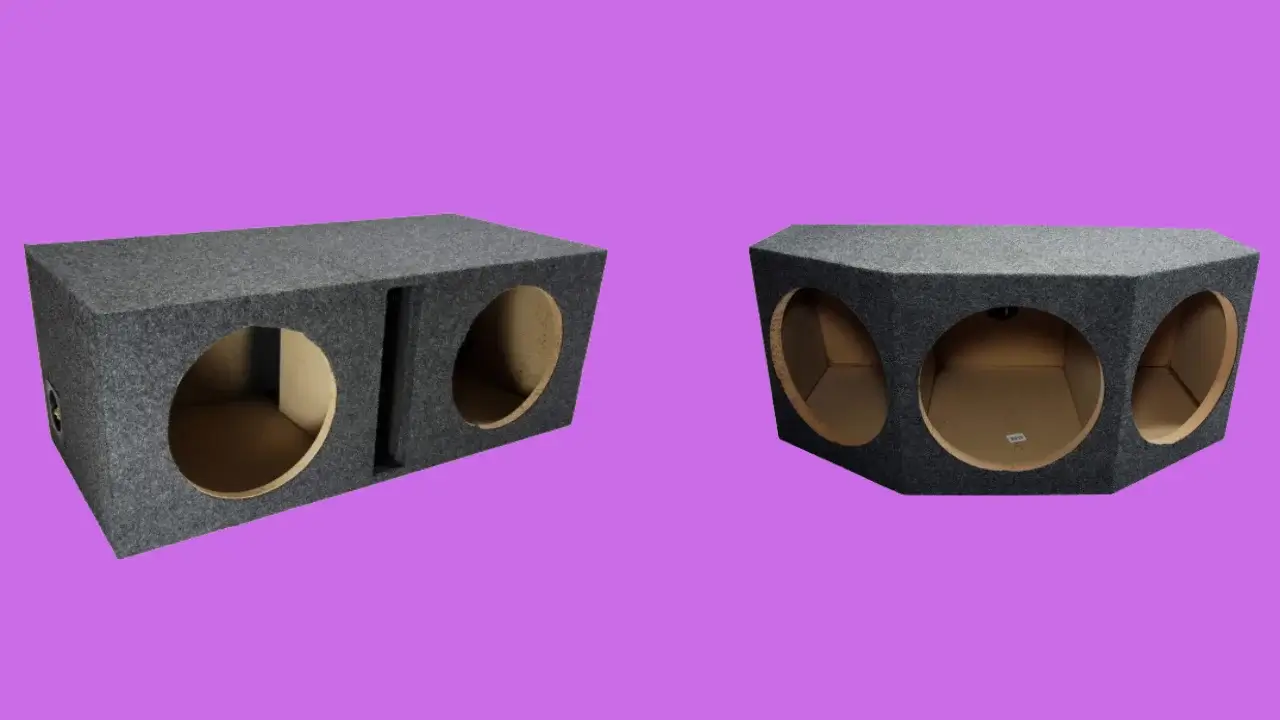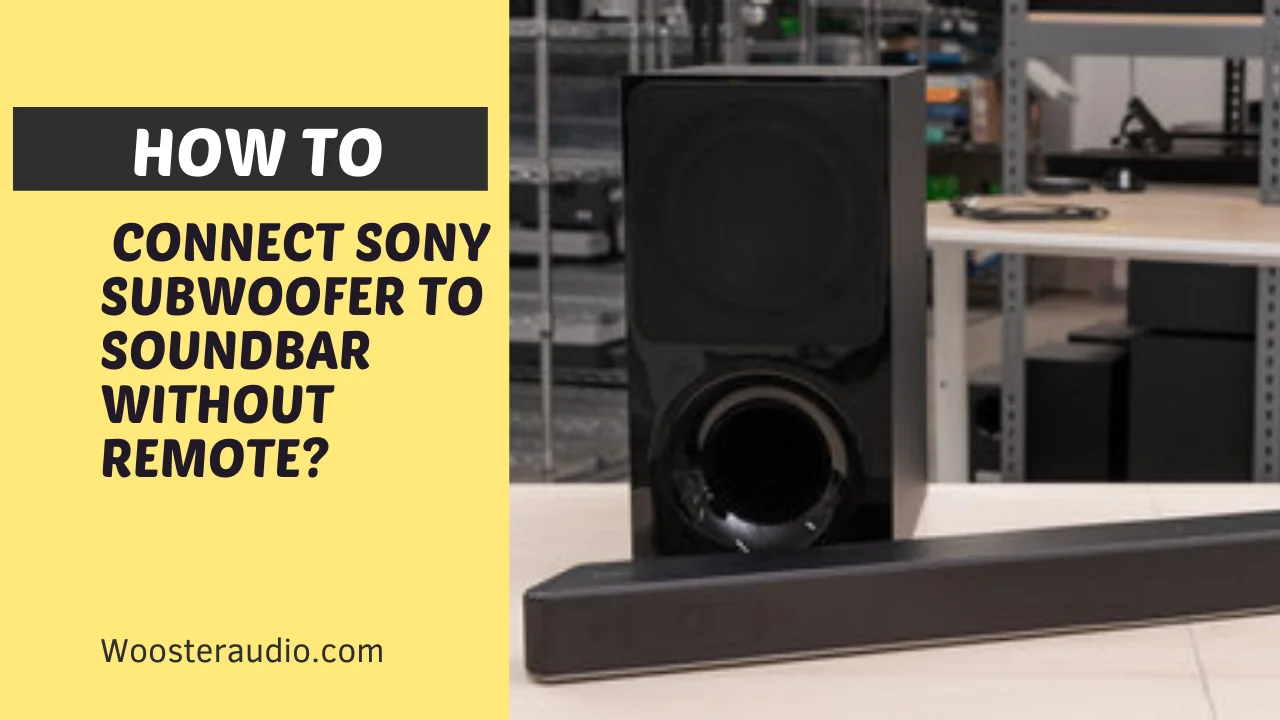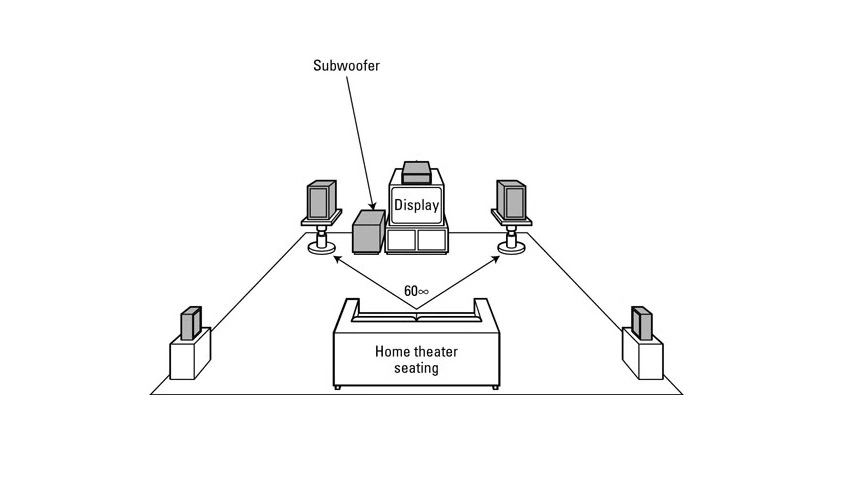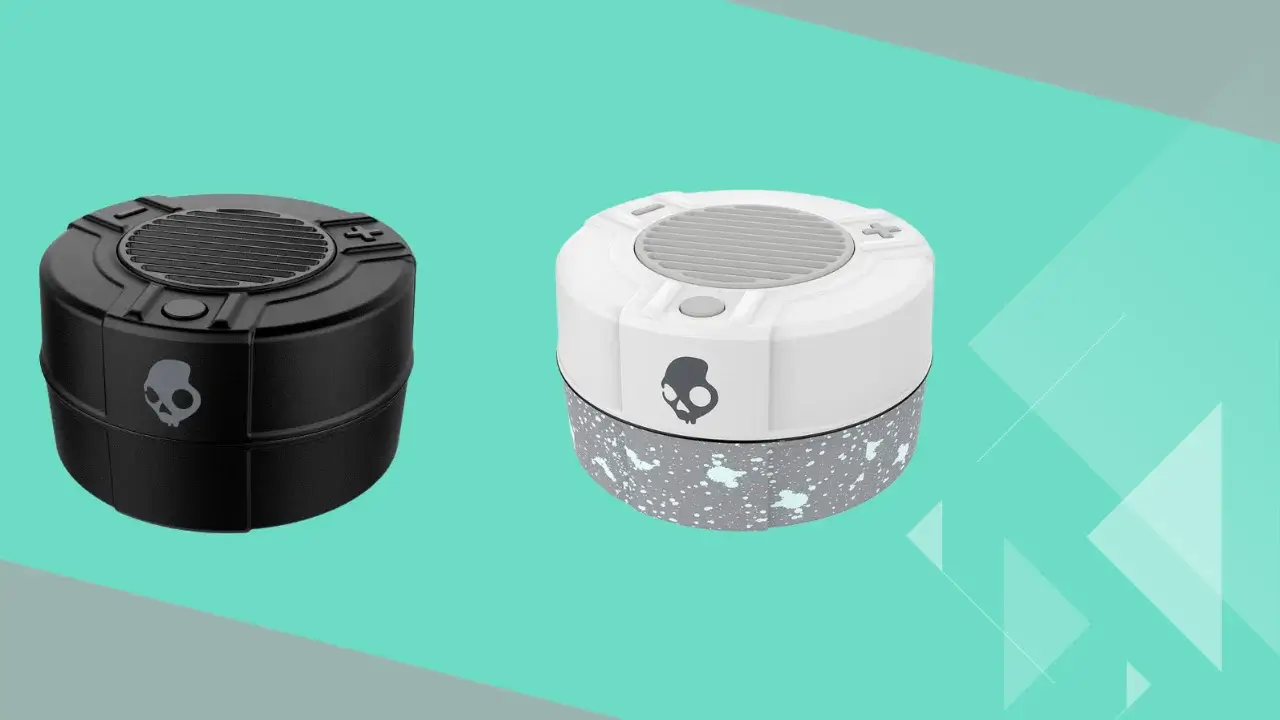You can easily connect 6 speakers to a 4-channel amplifier in various ways but it is not a frequent habit nor a wise practice to connect all six speakers with any of your amp having four channels. Adding six speakers to the load typically causes a four-channel amp to overheat.
I will recommend you to purchasing a 6-channel amp for the 6 speakers is the preferable choice. To your 4-channel amp, however, you can still quickly attach 6 speakers. Below I have mentioned all steps for wiring and also mentioned factors that you need to consider while choosing the best method for wiring.
Methods of Wiring a 4-Channel Amp to 6 Speakers
A 4-channel amp can be connected to your 6 speakers in one & two ways—either parallel or serial connections. An amp’s load increases with more speakers than an amp’s capability. A rise in amp load causes your equipment to become hot, which is terrible and might harm your amplifier.
You may wire your Six speakers (quantity) with your amp (4-channel spec) in series or parallel. Both offer good and bad sides, so you may choose what method suits you best. Suppose you possess the popular 4-ohm speakers among audiophiles. (Find top-notch 3.5-inch speakers here)
The load capacity will fall completely on the head unit of your amplifier. Regardless of your approach, two channels will ultimately support four speakers, while the other two can each support one.
Wiring through Parallel connection
It would be best to connect all of your speakers' positive and negative wires to create a parallel connection. In essence, all of the positives are complemented by all the negatives. This continues until all of your speakers—in this example, six speakers—are interconnected.
Advantages of parallel connection
Because this type of connection functions in principle, the parallel approach is frequently regarded as preferable. With this kind of wiring, even if one or more of your speakers were to stop working, your audio system would still work. A parallel connection will also result in much higher audio performance.
Your amplifier works well with two speakers wired on separate channels. It won’t risk making your stereo hotter if you don’t plan to play music at a loud volume. Your amplifier is still secure if you use it briefly to listen loudly.
Disadvantages of parallel connection
At full volume, 4 speakers connected to your amp’s 2 channels will place a significant 2 ohms load on those channels. Due to the extra load, your audio may get heated on two channels. In this situation, you spend a lot of time listening loudly.
It is important to note that more heat will be produced overall due to the unequal power distribution caused by some channels supporting two speakers at once. Your speakers or amplifier may degrade more quickly, especially if they are less expensive ones built of inferior materials.
Wiring through Series connection
When you link your speakers in series, you connect each speaker’s positive and negative wires in a type of line, continuing until all of your speakers are connected. One wire runs in this instance from one amplifier end to one speaker ( which is connected to the next speaker), and the last speaker is connected to the other amplifier end.
The lower the RMS per channel needed, the greater the impedance in ohms should be. Due to the speakers' reduced power requirements, connecting your speakers in series is relatively easy.
Advantages of series connection
Wiring in series results in a series connection, safer and more dependable than wiring in parallel. The electricity is equally distributed, which is the fundamental benefit of this type of wiring. Since no extra heat is produced, your audio system will probably survive much longer. In a series connection, you may have variable impedances.
However, this will be okay for the amp because the load will have a high impedance. This indicates that the load won’t draw too much power from the amp, lowering the possibility of amp damage. Additionally, you may quickly and adjust by including or excluding speakers.
Disadvantages of series connection
In contrast, you will have 4-amp channels and 6 speakers in this scenario. Consequently, the connection is more complex. Wiring your speaker in series is a better option, but you may need to get the expected sound quality when listening to music.
On the other hand, the audio performance in a series connection suffers from an audible loss in sound quality. Because of the way, the wiring is set up, if one speaker malfunctions, the entire sound system goes out, which may be a problem. Discover top 1000-watt amps now.
Which is better: (Parallel Vs. Series connection)
It’s easy to understand to wire (amp to 6 audio speakers) in either series or parallel. You must, however, take specific safety measures into account for both methods. Make sure to wire speakers correctly for more outstanding sound quality so that you may enjoy listening to music without damaging your equipment.
Remember that connecting speakers in series is the safest configuration. In any case, you still have the option to decide between the power benefits of a risky parallel connection and the security of a low-power series connection. However, if you have a 4-channel amp or buy a 6-channel amp, it is more suggested to utilize 4 speakers.
Should I consult a professional or an audio technician to wire the six speakers to a four-channel amplifier?
When wiring (six_speakers to amplifier having 4 channels), you should consult a professional or audio specialist. They can ensure proper impedance, wire arrangement, and performance. Their knowledge ensures correct setup, sound quality, and safety. Otherwise, mistakes can cause equipment damage.
Conclusive Decision
My hope is that you have gained a great deal of knowledge from all the things I have discussed. Team Wooster Audio does not recommend you to power all six speakers with a 4-channel amplifier because there is a 70 percent chance that your amplifier will potentially damage, overheat risk or speaker damage or distortion may occur. My excellent recommendation is to purchase at least a 6-channel amplifier and then wire all your six speakers. My advice is open, if you catch it then it will be best for you.
No change in your mindset? Do you still want to go with a four-channel amp? I have mentioned steps for both Series (safest with the lowest power) and parallel connection (Risky but powerful enough), so choose a method that you find easier.
I have mentioned things that happened in Series wiring, like the increase of impedance (amplifier always safe) but one lousy side is you will get a low sound quality experience. I have also mentioned things that happen after parallel wiring. For example, a decrease in impedance and the power from your four-channel amp will be Tugg more and you will enjoy superior audio quality (better than a series connection).
Parallel connection
Technical Aspect:
- 4-ohm speaker > Parallel Connection > Create 2 Ohm load (on amp unit)
Merit: High end sound
Demerit: Overheat issues (on high volume)
Series connection
- Technical Aspect: Two speakers > Series Connection >Create 8 ohm load (on amp)
Merit
- Less Risky & Safer.
- For Stable Stereo audio.
Demerit: Low quality audio
I hope it helps!
Frequently Asked Questions
How do you choose the best method for Wiring a 4-Channel Amp to 6 Speakers?
The choice depends on your personal preferences and the brand of your speaker. Before wiring, research and ask those who have experience with parallel or series connections.
What is the best amp for my speakers?
Consider the speakers' brand to find the best amp for your speakers. The compatible brands will produce the best sound quality. Also, consider the amp power and impedance so that it may work perfectly with the speakers.
What is the best way to wire a 6 Speakers set?
Since parallel and series connections have disadvantages, using a 6-channel amp is still the best method to get the most out of your 6-speaker system.
